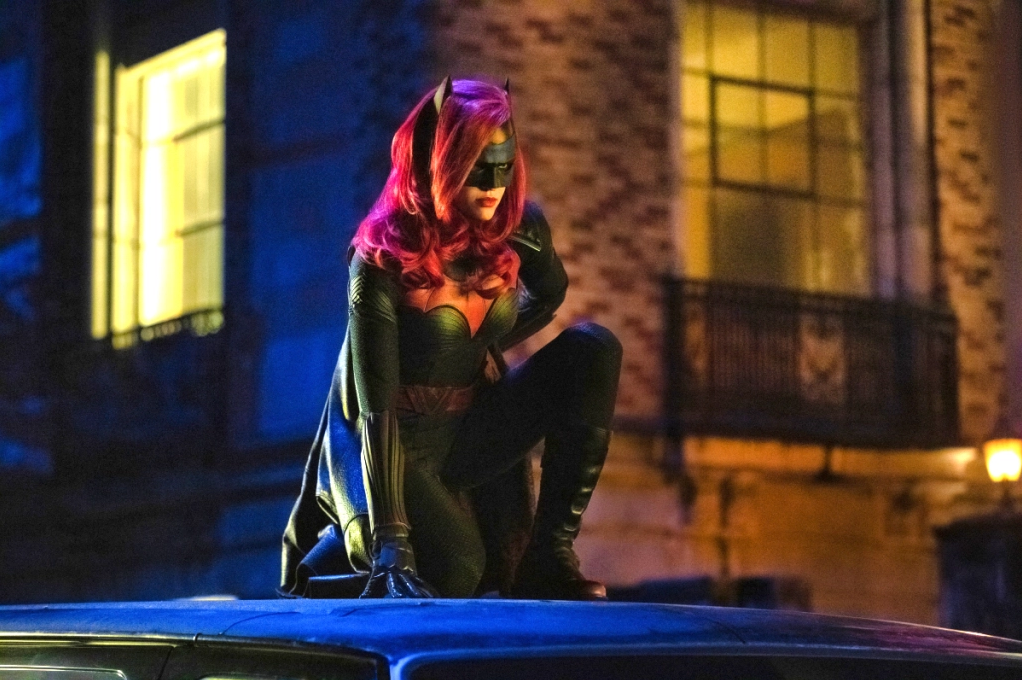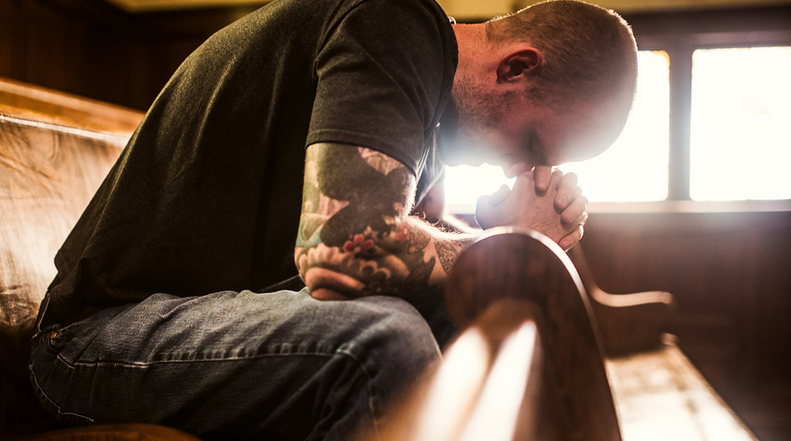Editor’s note: We present another fine article by Moira Greyland, author of The Last Closet. You can read some of her other articles at MOTW here, here, and here.
_________________________________
Why does woke writing fail?
And why do we only respond, as a civilization, to male heroes and strong women who love male heroes?
The answer is both simpler and more complex than anyone has pointed out recently, and yet, if this simple truth were understood, Disney could make a killing with every single movie, and the Big Five could quit losing their shirts over every new woke book.
Our literature, art and movies are literally a picture of civilization. Not our petty microsecond of cultural whims, but the grand sweep of humanity. In every new story, we either see ourselves reflected in what ought to happen, contrasted with what does not, or we do not. Our interest in the story is directly proportional to its reflection of reality.
As much as the fashionable woke writers of today think they can alter civilization by substituting transgendered narwhals and furry alphabet squids for heroes and heroines, it falls flat.
As much as characters are meant to be “identified” with transitory sexual whims, these are not characteristics of adulthood, but distractions from the process of maturation.
Why?
Because sexual whims are not admirable, and they do not define human beings, but limit them. We know this to be true, even though it is not something we are allowed to admit.
Although a great many of us have wanted to be Superman or Helen of Troy or even Captain Kirk, not one in a million of us have ever wanted to be the recent Iceman or Kate Kane.
We might love an Iceman or a Kate Kane dearly, or even sympathize with their struggles, but we will not admire them, or identify with them, let alone want to think of them as role models. As much as we might like them as people, we don’t want to live that way. It is more alien to us than the green-blooded Mr. Spock.
We cannot alter the nature of humanity.
We can pretend that all choices are equivalent, or that all artwork is beautiful, or even that all characters are equally good, but it is a lie and we know it. Even the most alien of characters will reflect something universally true about humanity to us, or the character will fall flat.
Since art, literature and drama are literal pictures of humanity, we must be able to see the truth of humanity in them. Star Trek’s Mr. Spock may have green blood, but he reminds us all of the men (and women) in our lives who suppress their feelings to an extreme.
This trait can be a source of consternation in others, even as it might enable some to be better at negotiating tense situations in the moment. Dr. McCoy’s aggravation with Spock’s emotional repression shows us two sides of a drama we have all seen outside of Star Trek.
Of course, central to the issue of humanity is family formation, reproduction and the strength, both emotional and physical, to embark on such a challenge. Heroes and heroines must either complete family formation, or remain open to it, which is why James Bond, Kirk and the characters in Ladyhawke work, and the re-imagined “pansexual” Lando Calrissian does not.
A pansexual robot-lover is an evolutionary dead end, a perverted playboy who is not going to grow up to appreciate women, let alone have a family. None of us identify with that, and to the contrary, it makes him funny. Not in a way that reminds us of a particular uncle, but in a way that just seems wrong.
Of course, the original Lando was quite the handsome heartthrob, as well as showing definite heroic potential in his bravery, risking his life to save his friends.
Any adolescent with no discipline can embark on a set of ill-chosen sexual adventures, and indeed, hearing these recounted would disgust most of us. But we never weary of hearing stories about a valiant young man who exits adolescence for a series of trials culminating in his becoming both strong enough and worthy enough to risk his life for his friends and for the woman he loves.
Why?
Because we are that young man, or we were that young man, or we love or loved that young man. He is the one who makes a family possible by protecting the woman who will bear his children. If he is unworthy, her children will not be safe, and neither will she.
Yes, we have heard millions of stories of single mothers, and we are meant to pretend that single motherhood is good. Yet even if we do not challenge the angry, hostile, heartbroken women who need this to be true, we know that children need two parents, and men and women need each other in a permanent pairbond.
Any failure in this is a failure to create an optimal family structure, and it endangers women and children, as surely as it robs men of purpose, either keeping them in an extended adolescence, or dooming them to solitude, until they can attempt their own heroes’ journey once more.
Where this central picture of humanity cannot be replaced by an alphabet love story, naturally all people have the capacity for heroism within them. Some stories will work because of nods to the reality of humanity, even if portions of the story are never realized.
Nobody would deny the heroism of King Arthur, or even of Sir Lancelot, but the story is a tragedy because of the failure of the love match, the adultery, and also because of the horror of the birth of Arthur’s son Mordred.
Even though there have been recent attempts to paint the Arthurian love triangle as a Sixties-style set of swingers, given the reality of every human civilization ever, that is absurd. We see the heartbreak. We see the fact that the end of Mordred’s life and Arthur’s can only be in death for both: the son conceived in incest and hating his father for this, and the father who brought forth such a terrible evil.
And yet, our modern civilization would want us to see a child born of incest to be part of a non-traditional family structure! We would be tut-tutted at for objecting to adultery, fornication and incest.
Deep down, however, we know the purveyors of immorality are wrong. They can tut, but our hearts scream out against evil, just as we are drawn to and admire the good.
And that is the central point.
Good and evil exist. Truth and beauty exist. They are not relative, nor are they culturally dependent. They are objective realities, unchanged since the dawn of human history.
Marilyn Monroe would have been as celebrated in ancient Troy as she is today, and Rosie would never be more than a comedienne— and more recently, a harridan. The Sistine Chapel and the Pieta are masterpieces, as they will be in a thousand years. They will not be displaced by the nonsense of deconstruction or any other fads.
Why?
Because truth and beauty are objective, not subjective. Their reality is not contingent upon our opinions. A thousand years after we are gone, the Sistine Chapel will still be a masterpiece, Marilyn Monroe will still be a great beauty— and today’s fads will be forgotten, as irrelevant and absurd as Chinese footbinding or Elizabethan arsenic-based makeup.
Most importantly, the stories of heroes will go on, while the whim of deconstructing heroes, let alone with trying to replace them with women will be remembered as a brief hiccup of silliness. Nobody needs to tell us women can be heroic: of course we can. Ask any mother EVER.
But don’t try to diminish the heroism of men. We women love it, like we love our men, and men love it—as they do their best to emulate it in their own lives.
The choices are these: draw a picture of humanity, even if you hang it around the necks of three-headed aliens. But lie about humanity, and you will bore your audience, and although they might stick around for a spell, they will ultimately be lost.
Why?
Because at heart, we are all seekers after truth.










I’ve thought about why the woke heroes are so terrible, and I came to the conclusion that it’s the writers’ worldview that causes it.
For them, adherence to the narrative is what virtue consists of. This means their heroes must adhere to the narrative at all times. This is why they rarely exhibit interesting character traits; they must always be paragons of the narrative, which heavily constricts their ability to act from character.
This also means that they are continuously aligned with the narrative within the story. Thus, things just work out for them, because they must. If they didn’t, outside of the actions of evil non-narrative-followers, that would indicate a flaw in the narrative, which cannot be.
The writers are required to follow the real-world narrative while writing the story’s narrative, so they are constrained to only write events within the fictional narrative that are acceptable to the narrative they are subject to themselves. Thus, even the villains are not allowed to oppose the real-world narrative. They can be evil and murder countless people, but must not speak truth which is damaging to the narrative, or even be insulting in a way that stings. You notice that people actually get upset because a villain speaks in a brutal or harsh way about certain topics, even though he’s already known to be a villain. This reasonable behavior within the story breaks the real-world narrative, which is unacceptable.
So rather than the struggle that a Christian experiences, knowing that God is good but not always understanding His actions or plans, and mostly knowing what’s right but failing to practice it fully, you have a flat adherence to narrative.
I think this fully explains Rey from Star Wars, for example. She can’t struggle because following the narrative doesn’t require effort, it simply requires submission. She doesn’t even have a character reason to do anything she’s doing, she’s just carried along by the narrative, and since she’s always in alignment with it, it delivers her solutions to all her problems immediately without personal effort.
Great article!
Thanks for a terrific article.
[…] (Men of the West): Why does woke writing fail? And why do we only respond, as a civilization, to male heroes and […]